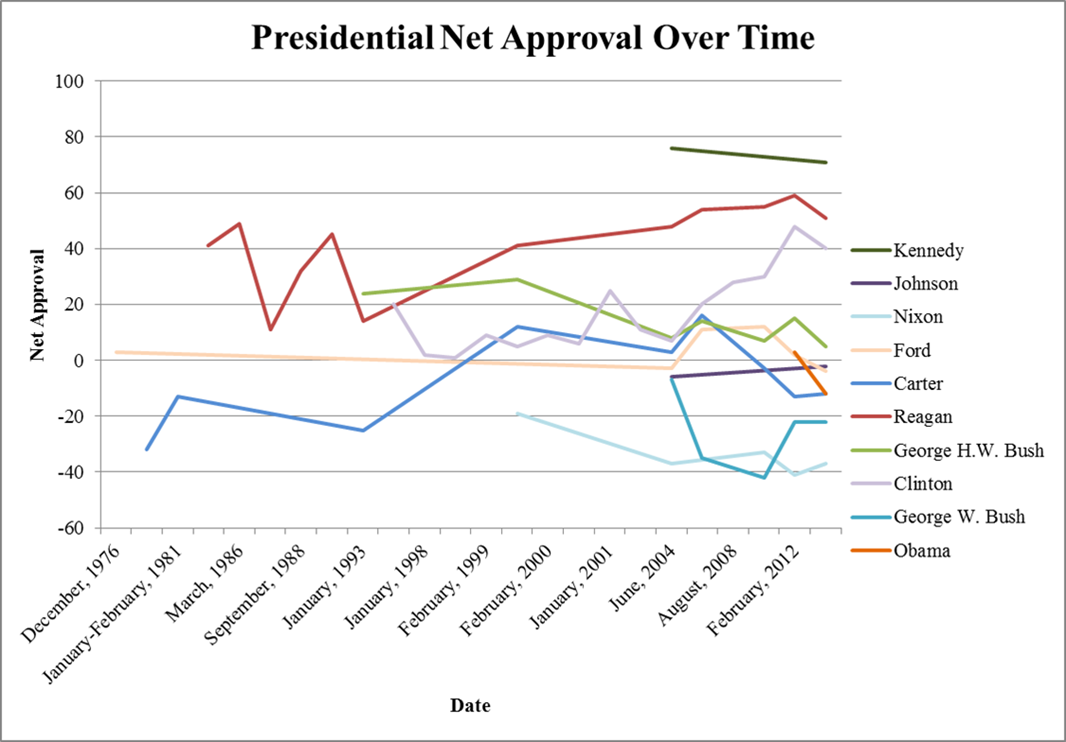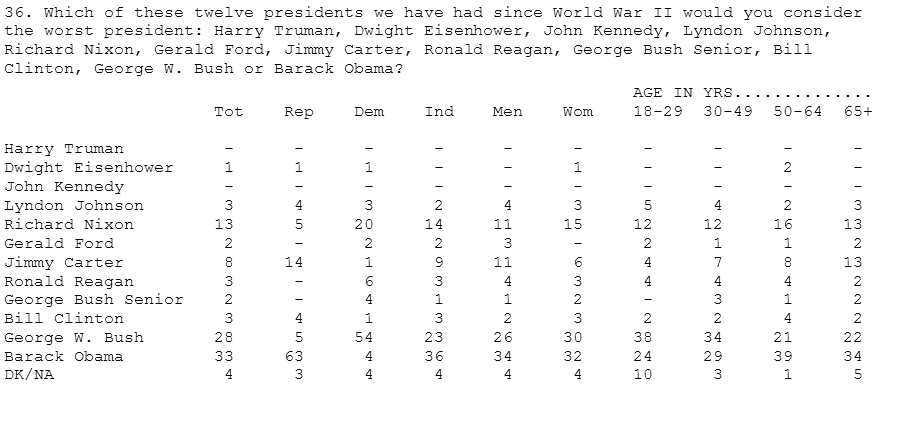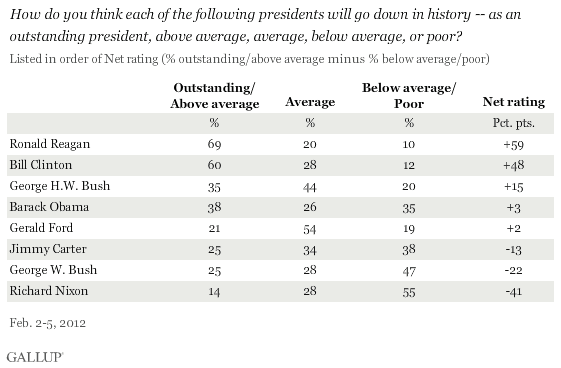President Obama is expected to formally announce today that he will pursue executive action design to expand background checks on some guns purchases. Obama’s decision has been described by media outlets as a way of sidestepping a Congress that has opposed enacting more stringent gun control legislation. Predictably, the President’s decision to act “unilaterally” has provoked the ire of Republicans, particularly those running for president, who are unanimous in condemning Obama’s decision as an excessive exercise of presidential power. In a not uncharacteristic assessment, New Jersey Governor Chris Christie complained on Fox News Sunday that Obama “is a petulant child… because quite frankly, the American people have rejected his agenda by turning both the House and the Senate over to the Republicans, and going from 21 governors when he came into office, the 31 Republican governors now, now this president wants to act as if he is a king, as if he is a dictator.”
But the reality is that executive actions like these are an indication of presidential weakness – not dictatorial power. The fact is that one of the great frustrations of Obama’s presidency – a frustration he has expressed on more than one occasion – has been his inability to get Congress to pass more stringent gun control legislation. In response, Obama has decided to move ahead on his own, in this instance by taking executive action to broaden the definition of what it means to be a gun seller. Under existing law, those purchasing guns from licensed gun dealers must undergo a background check. Those acquiring guns privately, in contrast, do not. By broadening the definition of who is a “gun dealer”, then, Obama’s executive action will in theory expand the number of background checks.
However, while it is true that Obama is, in effect, “making law” unilaterally, the substantive impact of his actions on gun violence is likely to be small, something he concedes. Indeed, in the run up to his announcement, gun sales have soared to levels not seen in two decades. The broader point, however, is that taking executive action, as opposed to legislating, is not a very effective way to make substantive, lasting policy change. This is a point that political pundits, and even some political scientists, frequently overlook. There are several reasons for this. To begin, executive actions have much more limited scope than legislation – presidents can’t use them to overturn existing law. Nor can they be used on actions that require spending money without appropriations by Congress. In the case of background checks, Obama can order executive agencies to redouble their efforts to expand background checks, but he can’t unilaterally appropriate more money to implement his order.
The bigger problem when it when it comes to making law via executive action, however, is that the outcome is often short-lived, a point Donald Trump drove home in his interview with John Dickerson on Face the Nation on Sunday. When asked about Obama’s proposed action, Trump replied, “Well, I will say this. There’s lot of precedent, based on what he’s doing. Now, some have been — his executive order on the border, amazingly, the courts actually took that back a step and did something that was very surprising, which is, they did the right thing, so that maybe that one — but I would be rescinding a lot of executive orders that he’s done (italics added).” Trump’s threat to rescind Obama’s executive action is not to be taken lightly. In forthcoming research Jesse Gubb and I have conducted, we have found that of the roughly 300 most substantively important executive orders (EO’s) issued during the period 1947-2003, only about half are still on the books today. About 30% have been revoked by a subsequent president and another 2% overturned by congressional legislation. Because of the censored nature of the data, this probably understates how many EO’s have been actually revoked.
Beyond the lack of durability, however, executive orders illustrate a more general weakness of relying on what presidential scholar Richard Neustadt describes as a president’s “command” authority: it indicates a failure to bargain effectively with Congress. Trump drove this point home in his interview, noting that, “It’s supposed to be you get along with Congress, and you cajole, and you go back and forth, and everybody gets in a room and we end up with deals. And there’s compromise on lots of other things, but you end up with deals. Here’s a guy just goes — he’s given up on the process and he just goes and signs executive orders on everything.” Without trying to apportion blame, or even to accept Trump’s characterization that Obama has “given up” on the legislative process, the plain fact is that the President and Congress have not engaged successfully in the process of bargaining that is at the heart of the legislative process.
There is a more fundamental risk in Obama’s approach, however, beyond the failure to secure a desired legislative outcome. It is that efforts to achieve goals unilaterally are likely to stiffen congressional resistance to future presidential efforts to secure preferred legislation in other areas. In his famous study of the presidency, Neustadt noted that when it comes to evaluating presidents, “Strategically, the question is not how he masters Congress in a peculiar instance, but what he does to boost his mastery in an particular instance, looking forward tomorrow from today.” We have seen other instances, most notably in his efforts to expand legal protection to children who came to this country illegally, where Obama’s efforts to act unilaterally have embroiled him in legal controversy and perhaps stiffen congressional opposition to his objectives.
For all these reasons, unilateral executive action is a poor substitute for bargaining with Congress and is best understood not as a sign of an imperial presidency who can “make law with the stroke of a pen” but rather as evidence of a president’s inability to bargain successfully with the legislative branch. Speaking more generally about presidents’ efforts to achieve goals via “command” authority, Neustadt concludes that, “Not only are these ‘last’ resorts less than conclusive, but they are also costly. Even though order is assured of execution, drastic action rarely comes at bargain rates. It can be costly to the aims in whose defense it is employed. It can be costly, also, to objectives far afield.” One can understand Obama’s frustration with Congress’ unwillingness to enact more stringent gun control via universal background checks. It may be that in issuing this latest executive action, Obama will make the issue of gun control more salient to the public, thus increasing pressure on Congress to act legislatively. But I suspect it is more likely that this latest action will harden opposition in Congress to further gun control legislation and that any real progress on this front will have to wait until a new President and Congress take office. If so, Obama will not be the first president to confront the difficulty of trying to make policy unilaterally in a constitutional system of shared powers. Unfortunately, he is also not likely to be the last.






